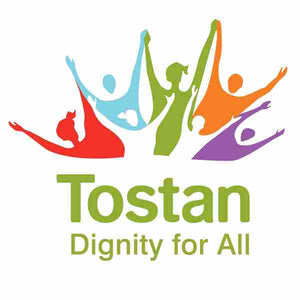
Tostan: Breakthrough Generation
The Breakthrough Generation project at Tostan reinforces sustainable community-led development that will contribute to the abandonment of harmful practices, the empowerment of girls and women, and the promotion of human rights.
The Problem
According to the latest assessment of the UN Sustainable Development Goals (SDGs), the overwhelming majority of people living on less than $1.25 per day belong to Sub-Saharan Africa. In West Africa, life expectancy at birth is only 46 years; secondary school enrolment is at 20%; 42% of adults are illiterate; and malnutrition affects 29% of children under the age of five. Rural communities face a range of overlapping challenges. Access to formal education is not guaranteed, particularly for women and girls, and as a result literacy rates in rural areas are particularly low. Despite rapid economic growth in many African countries in recent years, unemployment continues to rise. Socially-entrenched harmful practices, limited access to health resources and care, and lack of awareness about hygiene put communities’ health at risk. Many communities are faced with serious environmental challenges including poor water and waste management, soil erosion, increasing desertification, and diseases caused by poor public hygiene and lack of sanitation. Governance procedures are often absent, including activities such as systematic birth registration, voter registration and the active participation of women and youth in decision-making.
The Solution
Breakthrough Generation will increase our impact at scale for long term development in West Africa; we are currently implementing our core program, the Community Empowerment Program (CEP) in 150 communities in four countries.
The CEP provides a structured program for women, men, girls, and boys who have had little to no formal education. Over a three-year period, community members participate in classes split into two phases:
- Kobi (“to prepare the field for planting” in Mandinka): communities engage in discussions of democracy, human rights, problem solving, health and hygiene.
- Aawde (“to plant the seed” in Fulani): these modules focus on literacy, numeracy, and project management skills.
To promote the sustainability of the community-led development that results from this program, Community Management Committees (CMC) are established and trained in all communities. These CMCs, made up of 17 democratically- selected individuals including at least nine women, are trained in the skills necessary to implement development projects, from managing collaborative micro-savings groups to partnering with other NGOs and governmental agencies.
The CEP shows strong results within the SDGs, specifically in Goals 3 (health), 4 (education), 5 (gender equality), 6 (clean water and sanitation), 10 (reduced inequalities) and 16 (peace, justice and strong institutions). At the foundation of all of these goals is #16, building inclusive societies. The heart of Tostan programming is building local democratic practices and an alignment with human rights to all traditional beliefs. These are critical to achieving virtually every other goal.
Planned Use Of Funds
These funds would go directly to the Breakthrough Generation project, supporting the implementation of the CEP in 150 communities in Guinea, Guinea Bissau, Mali and The Gambia.
Stage of Development
- Early Stage
- Established Prototype
- Scaling
- Other
Organization to Receive Funds
Tostan, Inc




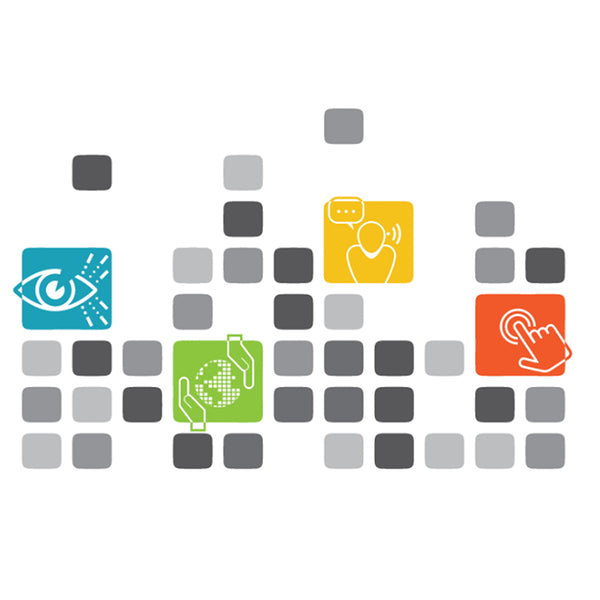
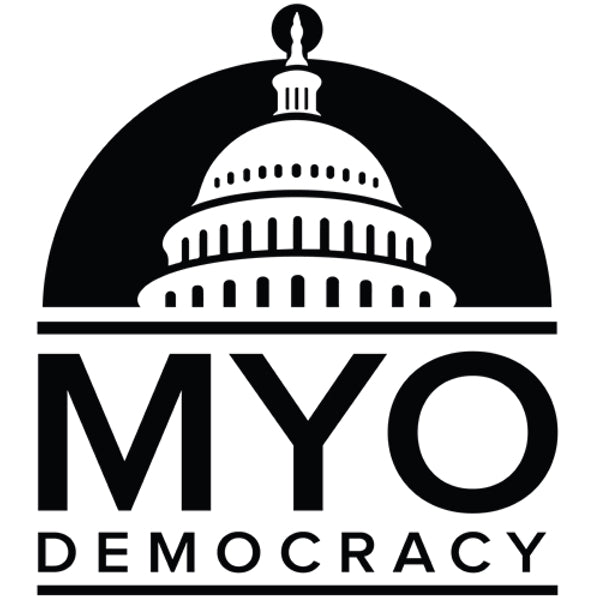
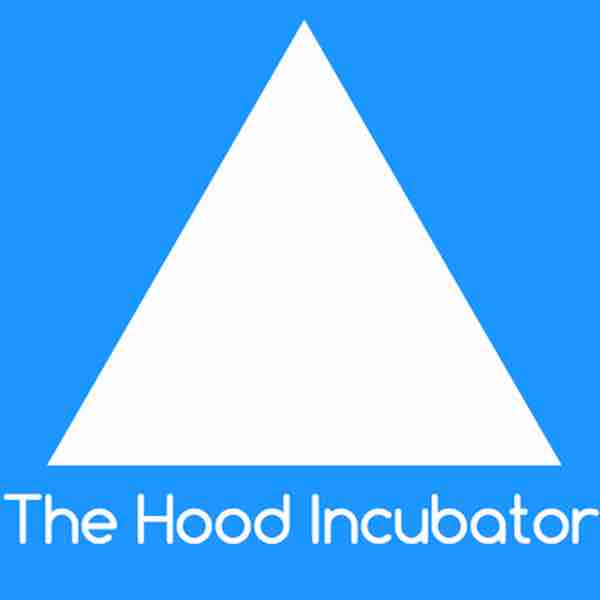
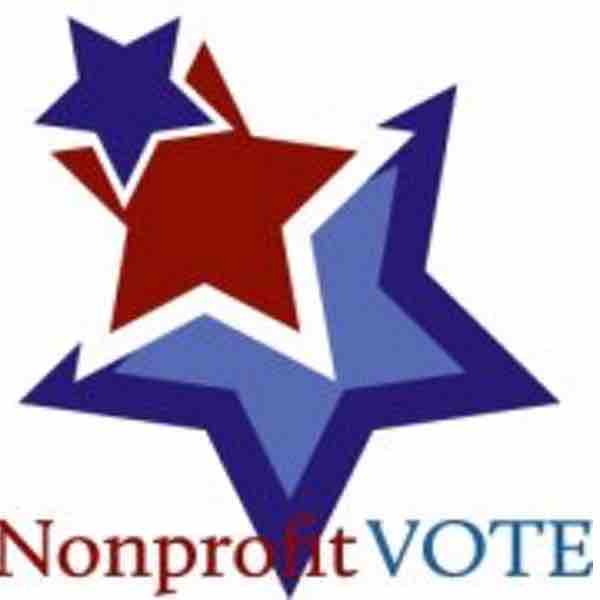
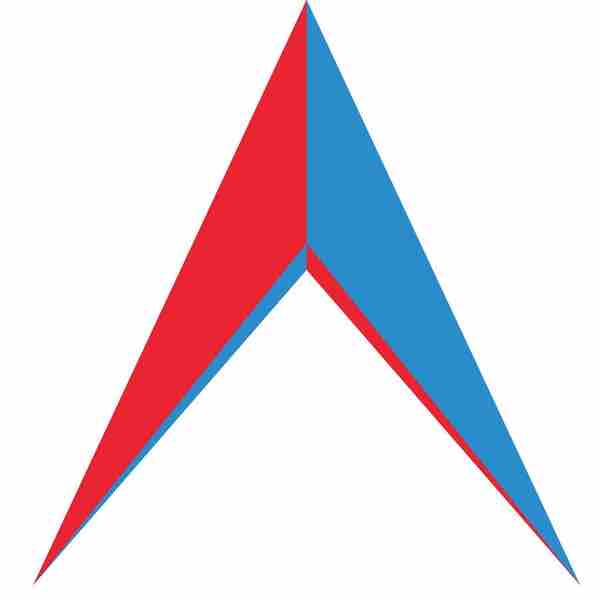


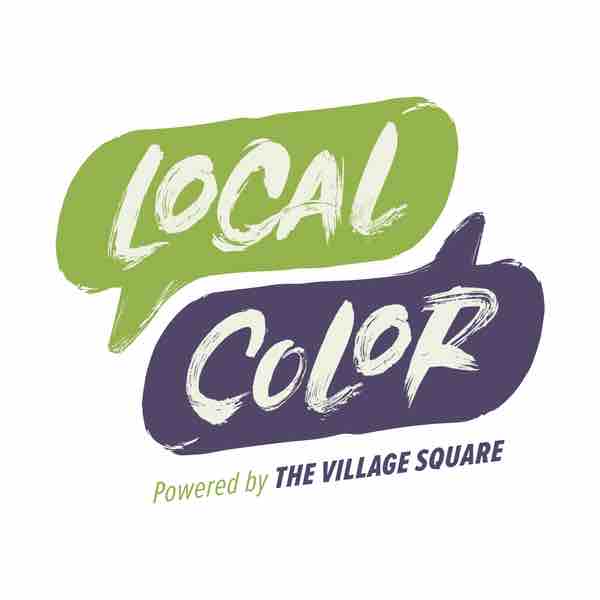
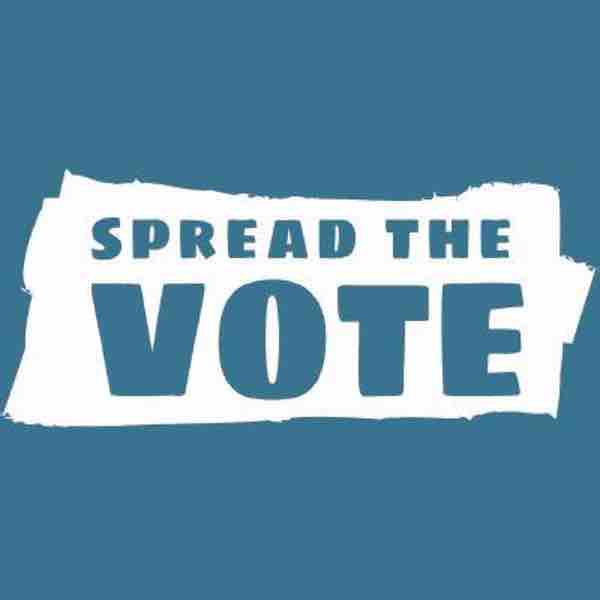
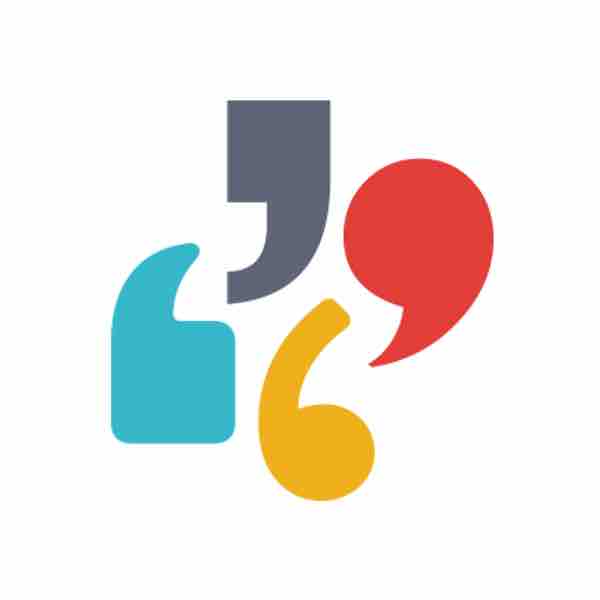
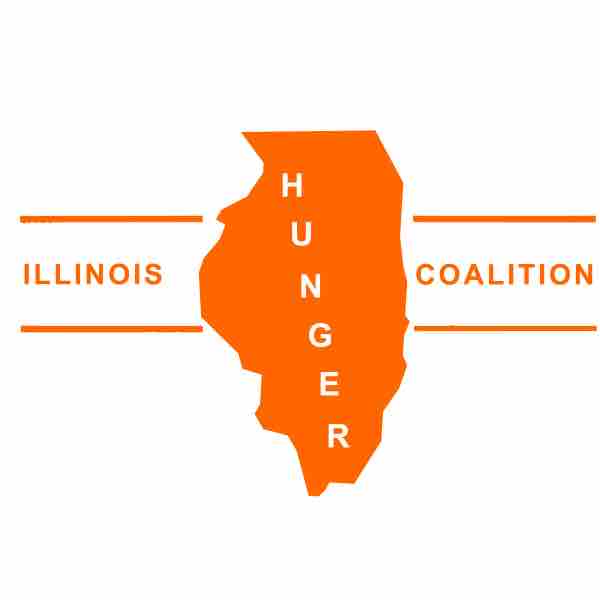

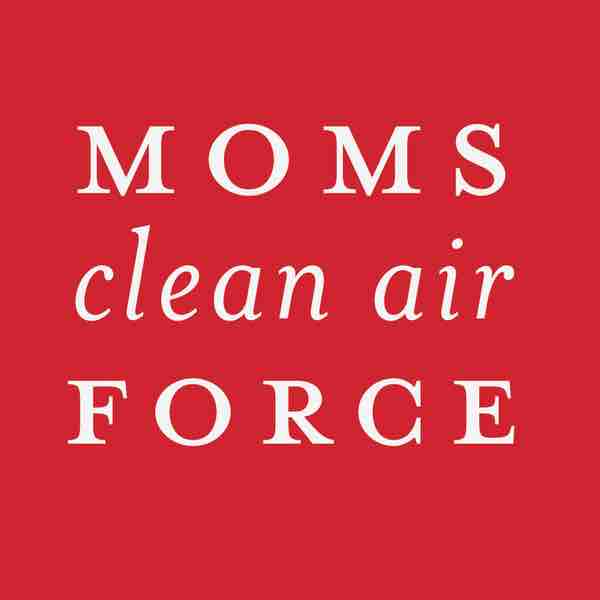
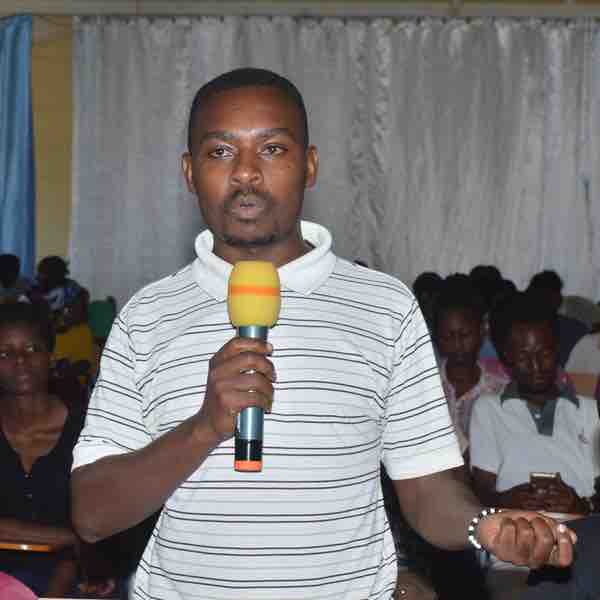
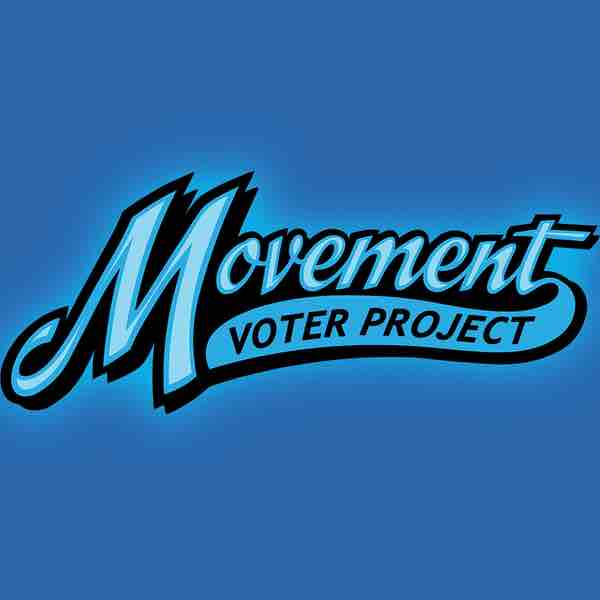
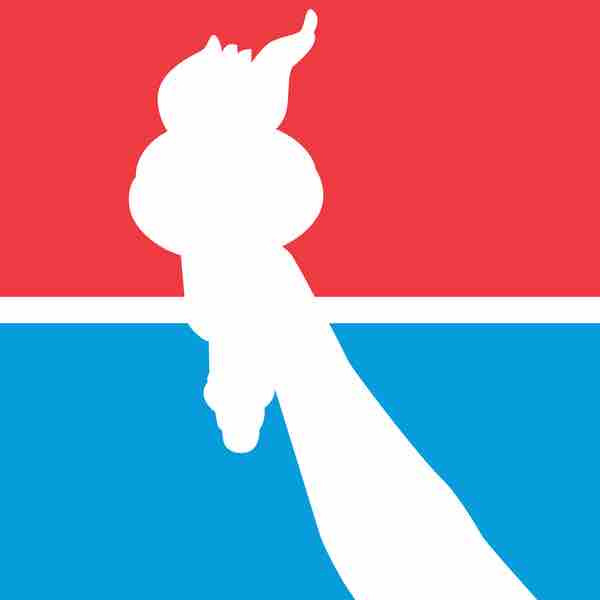
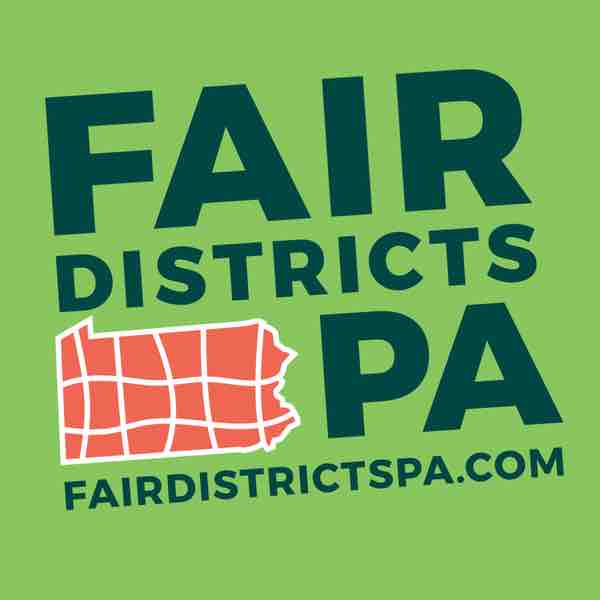
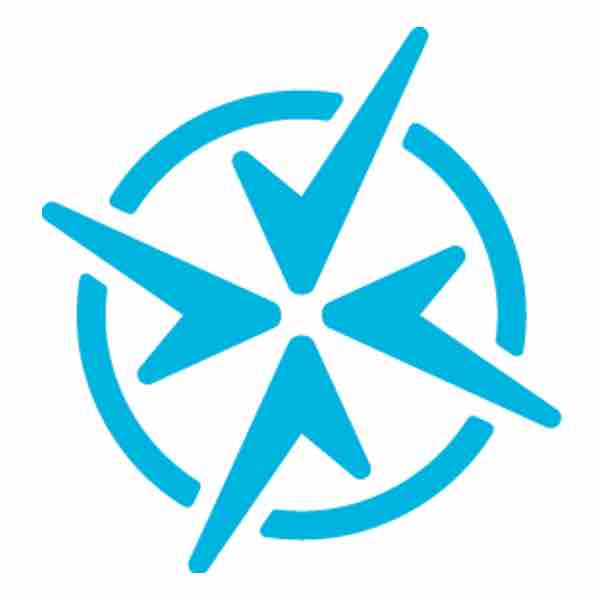
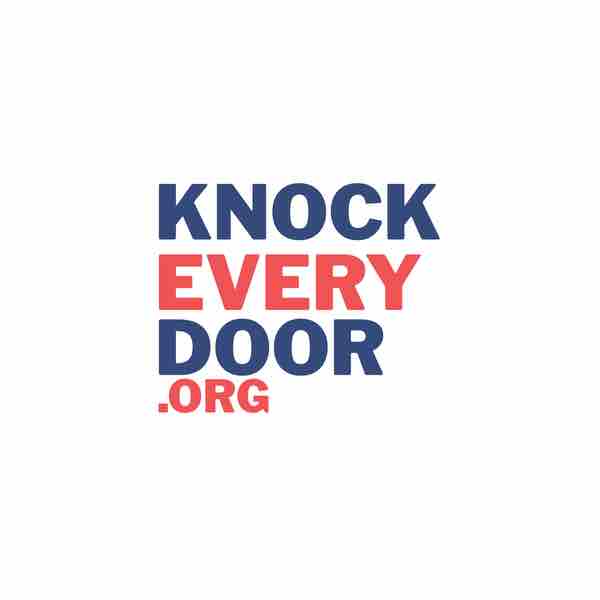
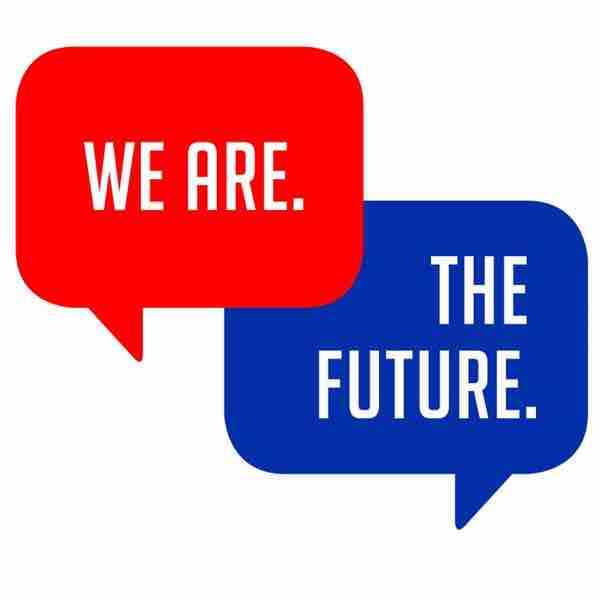
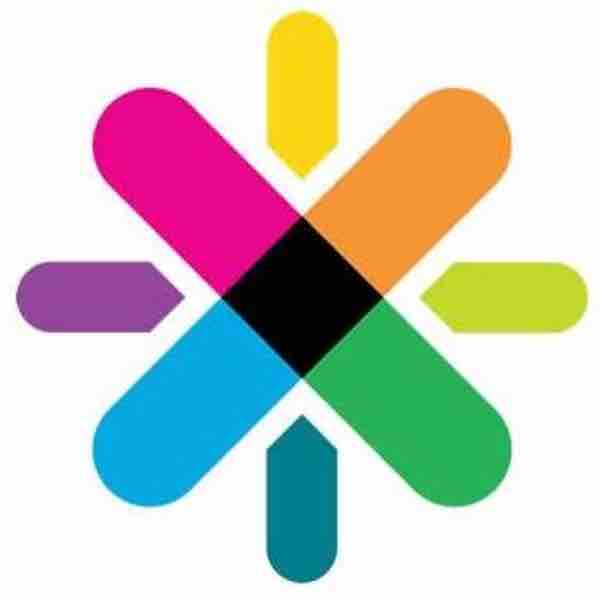
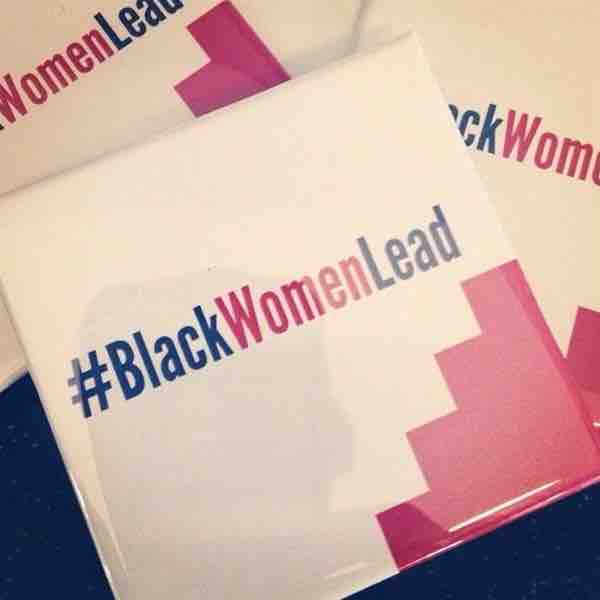
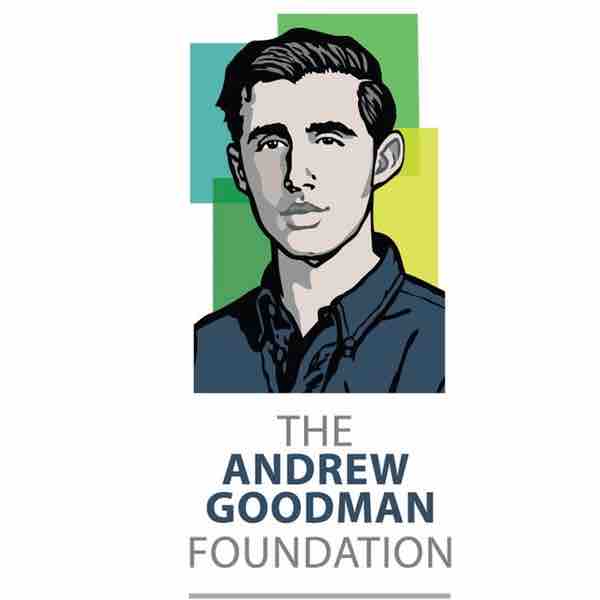
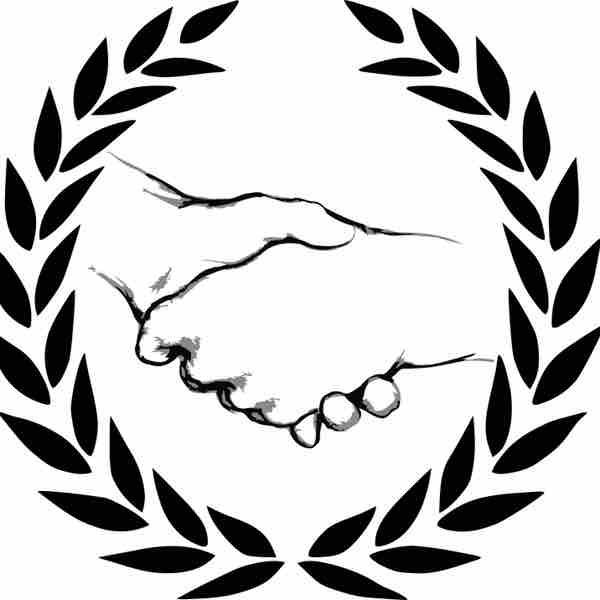
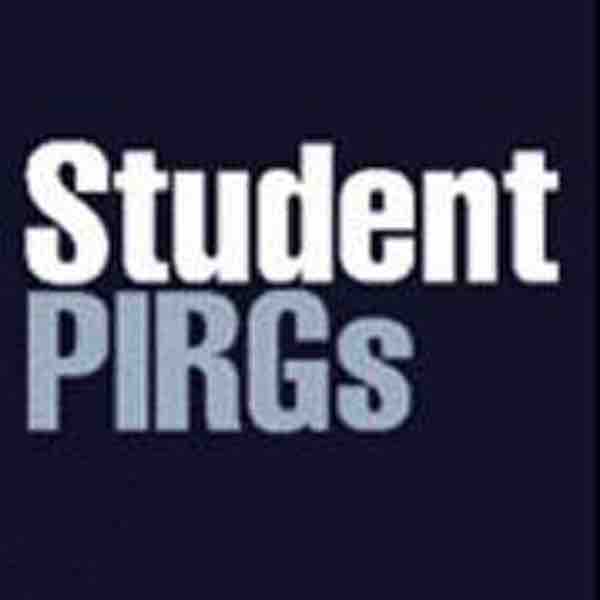
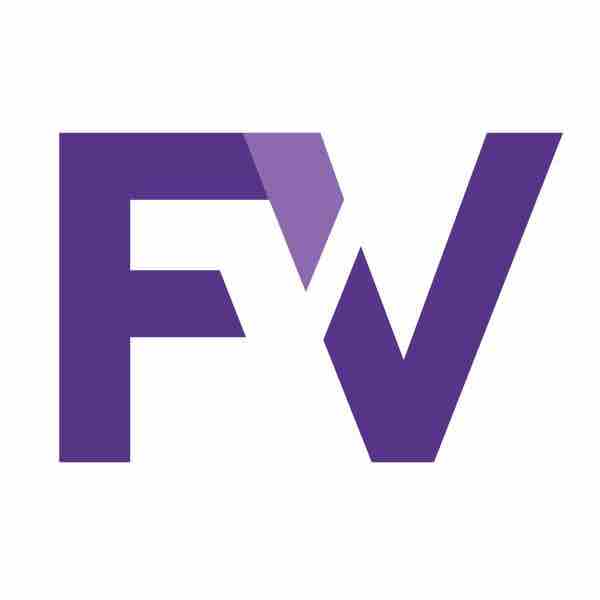
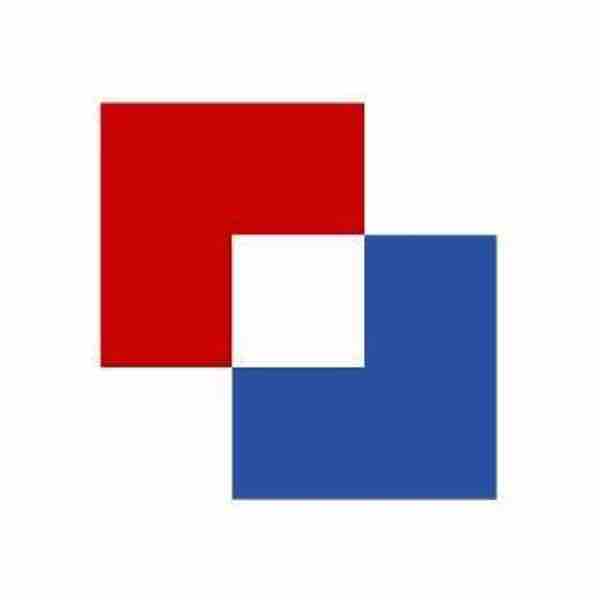
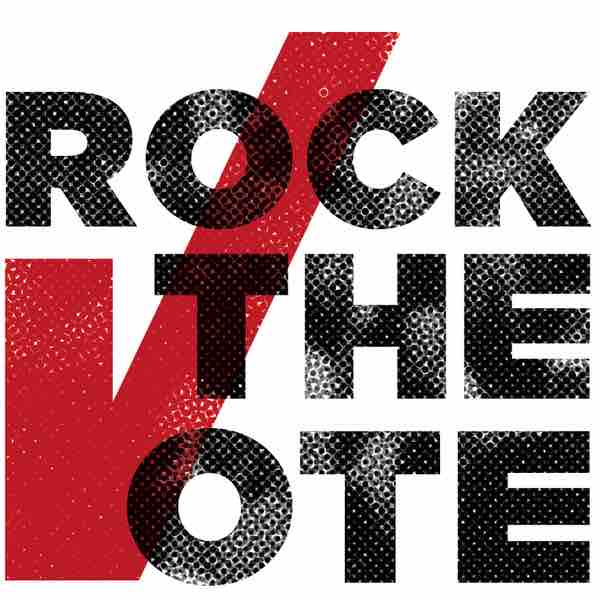
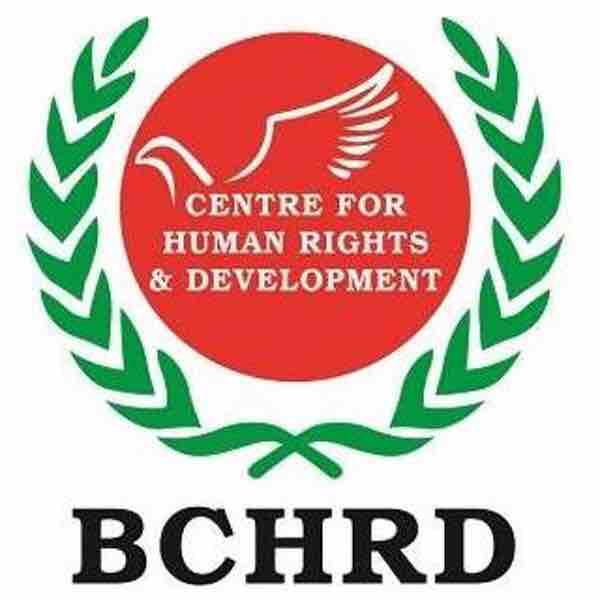
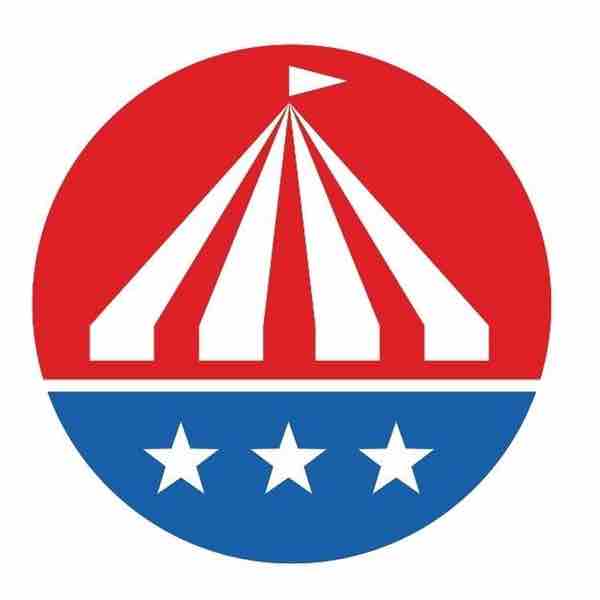
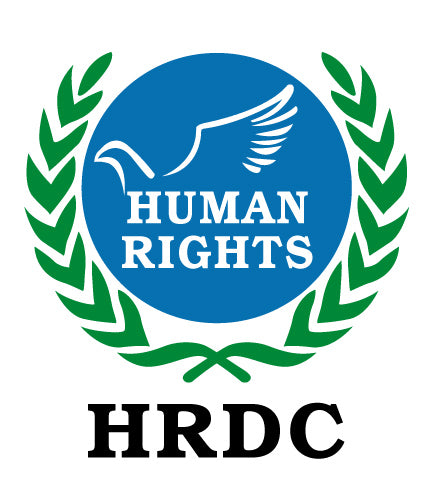
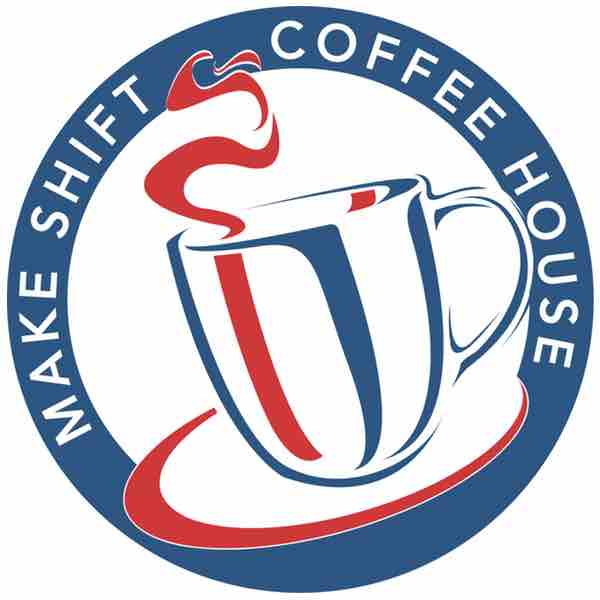

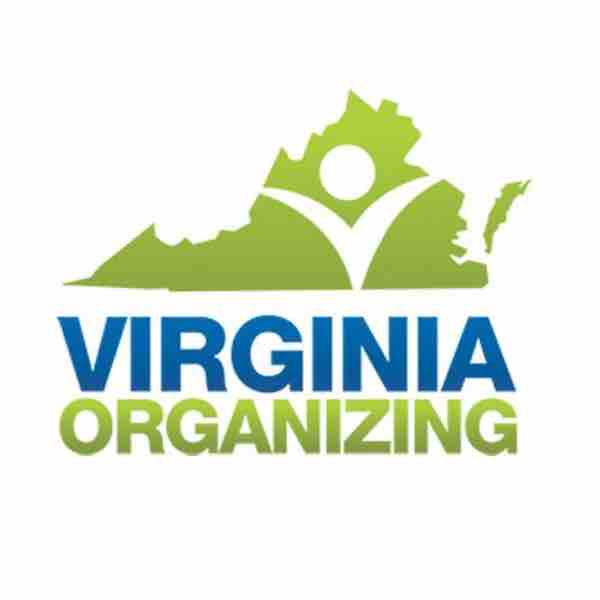
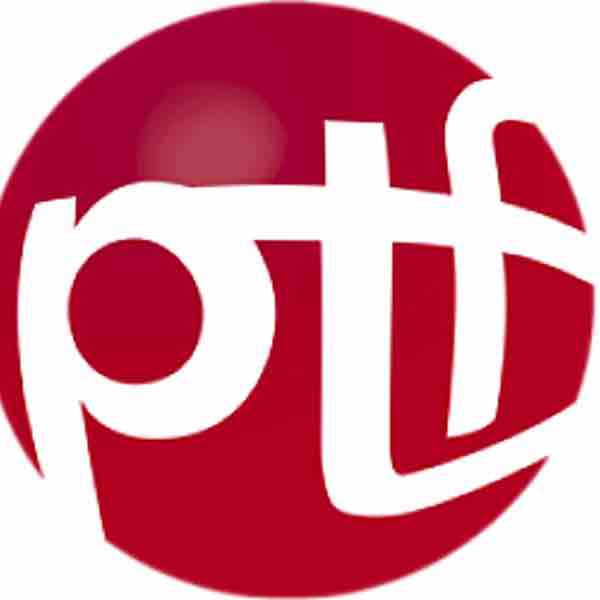
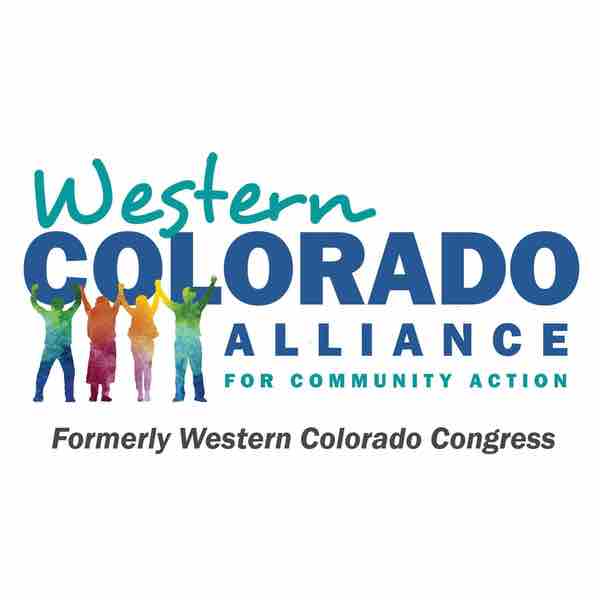
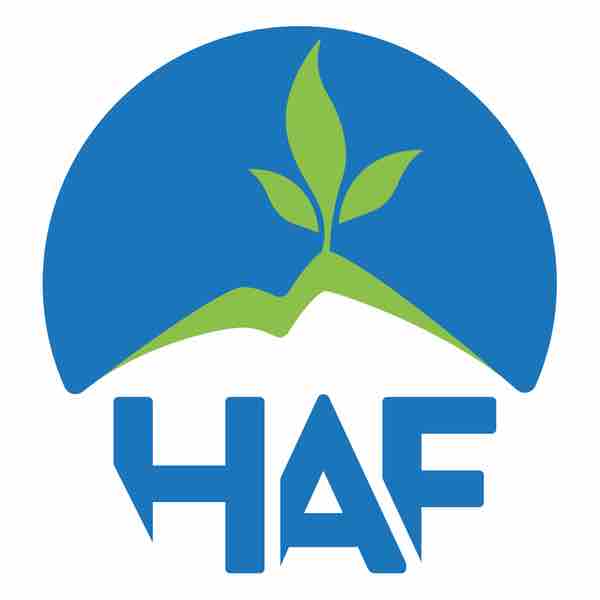
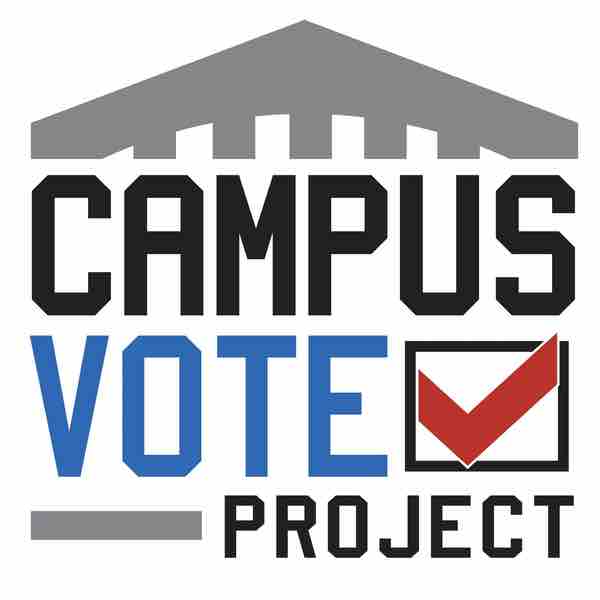
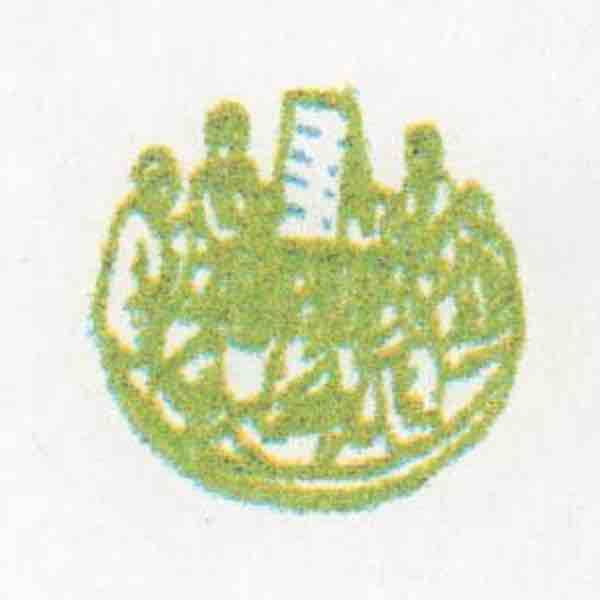
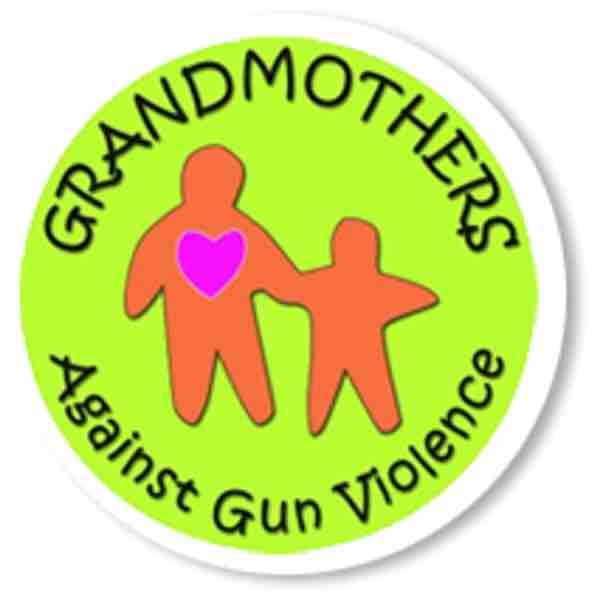
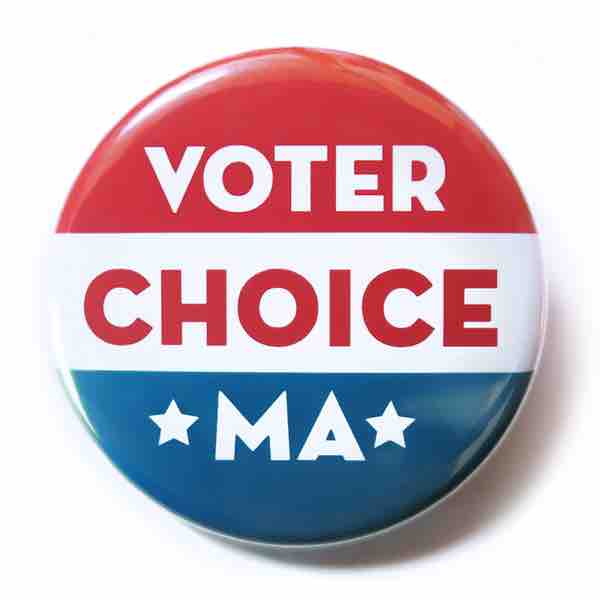
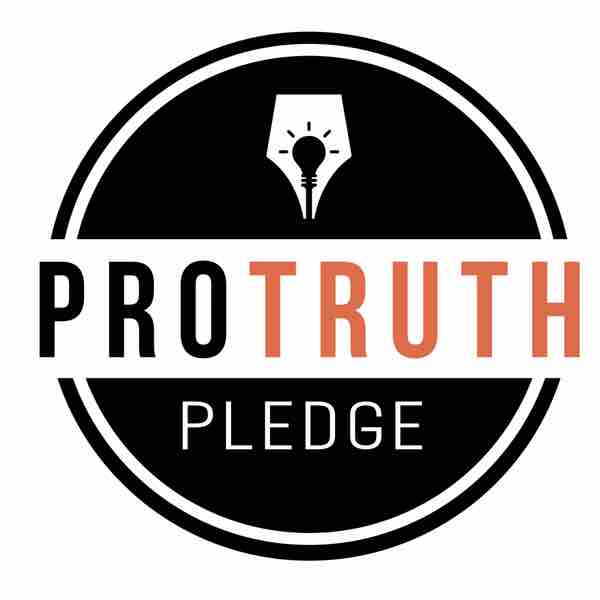
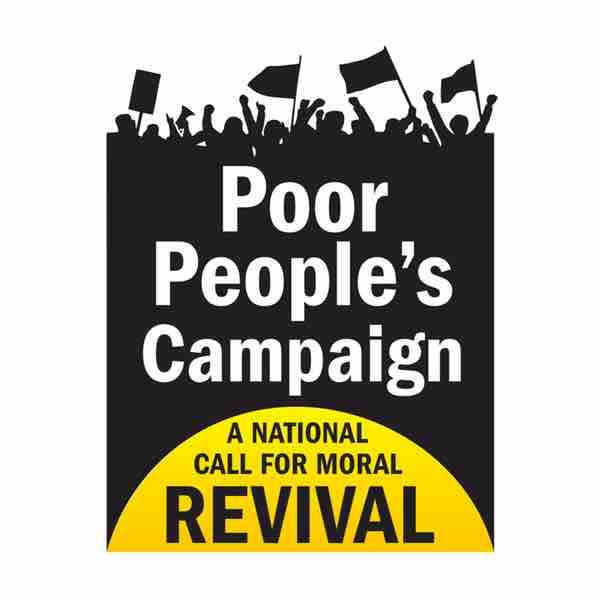
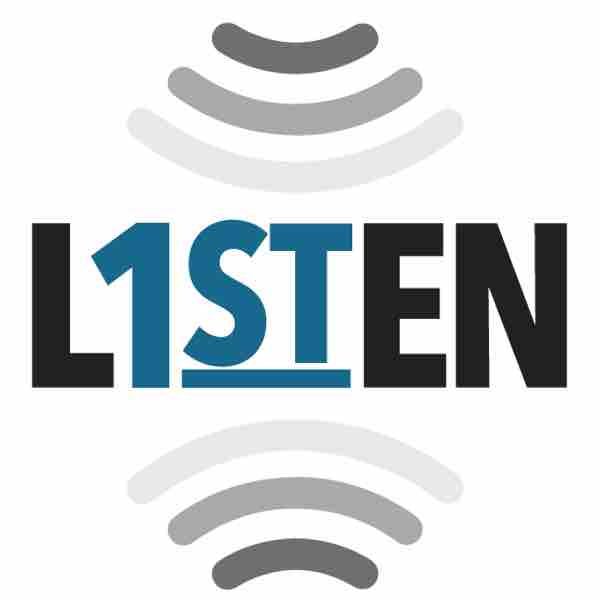
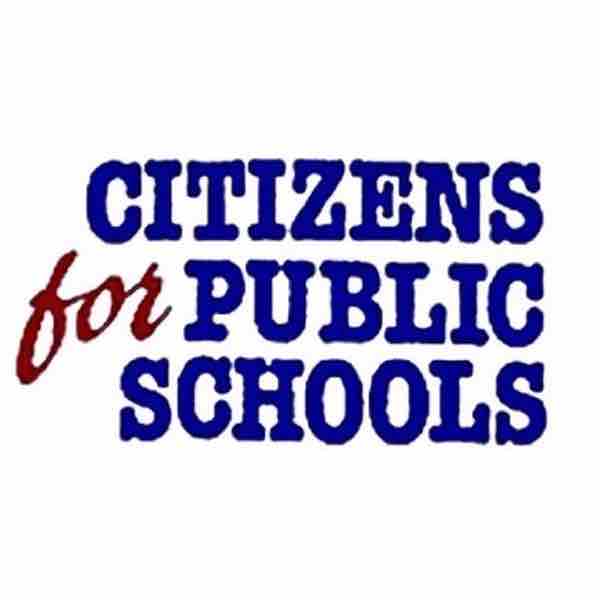
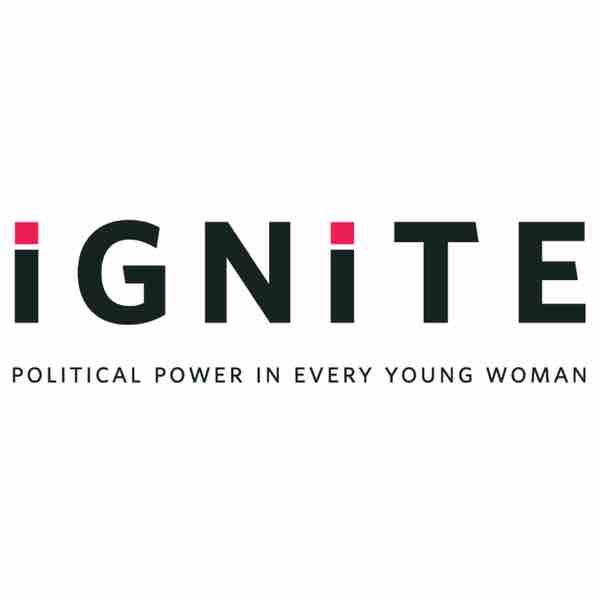
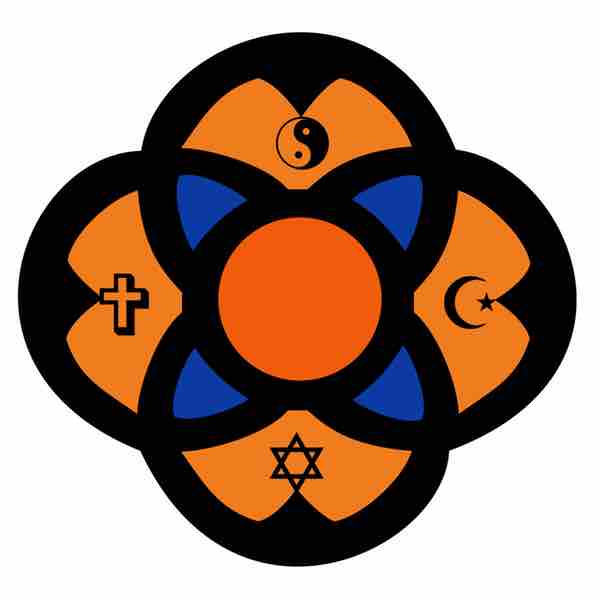
Join The Discussion